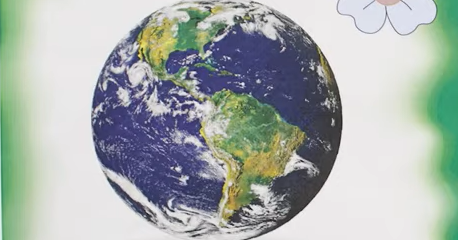Rice emerged as skeptic within a State Department that had largely accepted Rwanda’s role in backing the M23. Both Assistant Secretary of State Johnnie Carson and Special Envoy Barry Walkley have told Kigali explicitly to stop supporting M23.
[Comment]
As the M23 crisis has unfolded in the eastern Congo, the US Ambassador to the United Nations Susan Rice has emerged as a holdout within American foreign policy, a sort of minority report to the prevailing criticism of Rwanda and the M23.
The first indication of this emerged in June, when Rice delayed the publication of UN Group of Experts’ interim report, insisting that Rwanda be given a chance to see the report first and respond. While these UN investigations are supposed to give the accused the opportunity to respond and explain––the Group says it was refused meetings by the Rwandan government, which Kigali denies––they rarely allow them to see the entire report before publication. In any case, the Group finally did brief a Rwandan delegation in New York in June in New York (unsurprisingly, the Rwandan rejected the report as flawed) and the report was released.
Rice emerged as skeptic within a State Department that had largely accepted Rwanda’s role in backing the M23. Both Assistant Secretary of State Johnnie Carson and Special Envoy Barry Walkley have told Kigali explicitly to stop supporting M23. According to sources within the Obama administration, Rice has weighed in during these conversations, even when they do not directly relate to the United Nations.
According to an international NGO that follows Security Council politics closely, “Rice isn’t convinced that support is ongoing––maybe [there was some] in the past, but not now.” Others point to her skepticism at the UN Group of Experts reports and their methodology.
Her latest controversial step was to block the explicit naming of Rwanda and Uganda in this week’s UN Security Council resolution, condemning the M23 occupation of Goma. As in previous statements, the body demanded that “any and all outside support to the M23 cease immediately.” Other Council members had wanted to name Rwanda explicitly, but Rice demurred, arguing that this would not be constructive in a process in which Rwanda must be part of the solution. Rice’s supporters say that this was simply the official US position, and she was following orders from Washington.
Rice’s relationship with Rwanda goes back to the Clinton administration, when she began her diplomatic career. She worked on the National Security Council from 1993 to 1997, rising to become the Senior Director for African Affairs. Infamously, she is quoted as having asked in a cabinet meeting during the Rwandan genocide what its impact would be on the mid-term congressional elections.
For the rest of commentary please see Congosiasa











